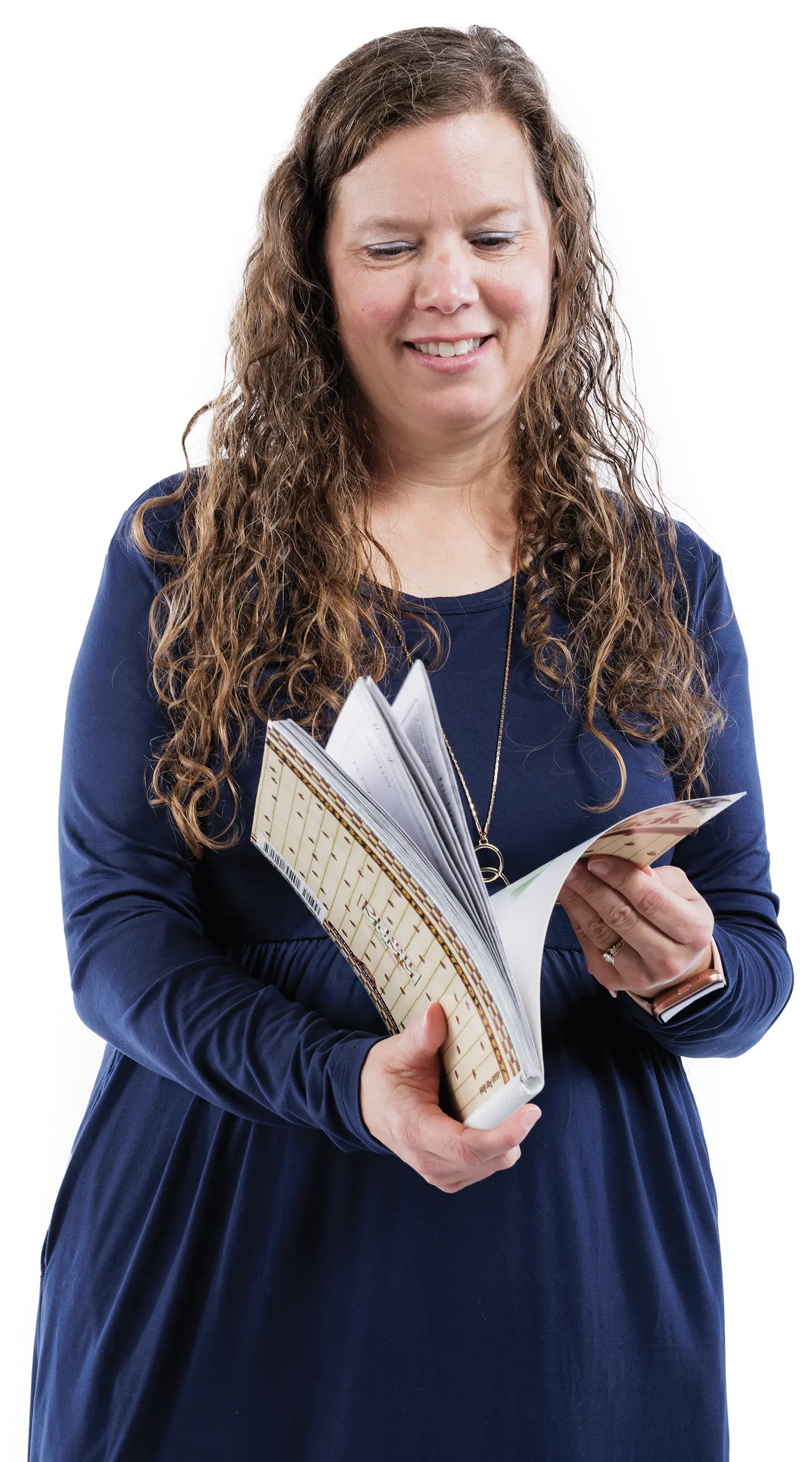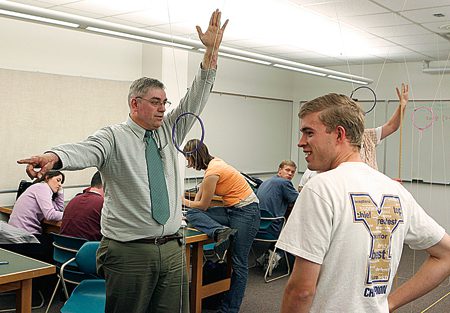For Teresa Smith Leavitt (BS ’98), a BYU education professor who teaches classroom management, the biggest piece of advice she gives those who teach in any capacity is to teach like the Savior would: “Always be welcoming and inviting,” she says. “[The children] will want to be there because they know we love them.” Here Leavitt offers tips for parents, coaches, teachers, and others who manage groups of children.
What is effective classroom management?
A: When people think about classroom management, they often think about the intervention portion. What do I do when students aren’t behaving the way I want them to? But we should reframe this question to ask how we can prevent misbehavior in the first place. It’s helpful to set expectations and build rapport with your students.

How can we build meaningful relationships with students?
A : Focus on the learner. Teach children, not lessons. Have a plan in place to get to know your students personally, even if it’s just talking to them on their way in or out of their Sunday School class. Then if you can pull what you learned into a lesson, they’ll know you’ve really heard them.
How does classroom management apply to parenting?
A: When my kids were little, I would sometimes go home from work saying, “I’m so glad I’m teaching classroom management because it’s making me a better mom!” I’d think about how I could build stronger relationships with my kids by setting better expectations: What’s the expectation for after dinner? Are we all going to help clean up? Is everyone on the same page? It’s the same as teaching in a classroom.
What are some effective strategies for managing behavioral issues?
A : First, praise in public and reprove privately whenever possible. Second, always give a reminder before taking further action. We all get off task sometimes. Third, make small corrections first. Then, as the scriptures say, we must sometimes reprove with sharpness but show an increase of love afterward (see D&C 121:43). Always make sure the students know what you’re doing is out of love.












